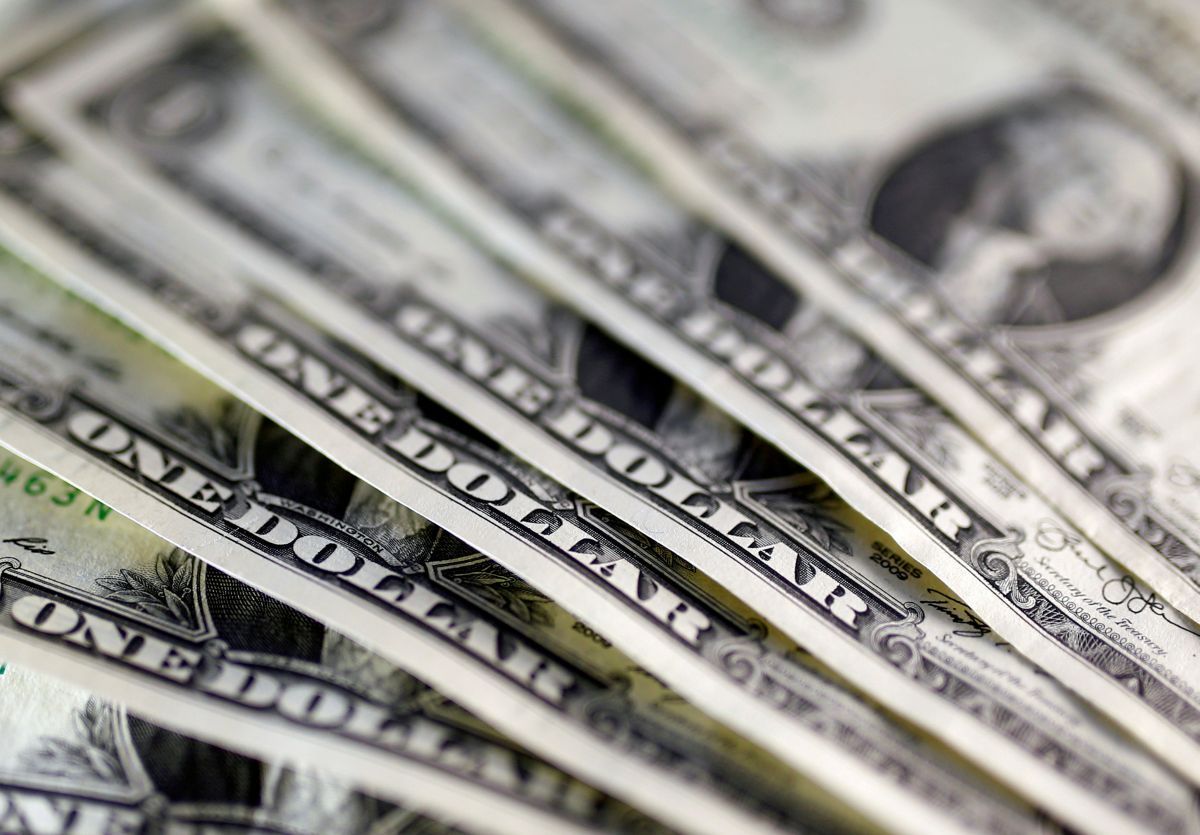
An influx of foreign aid could go a long way to helping Ukraine jumpstart its economy. But the government has passed up almost half as much as it's been offered.
The 2014 ouster of the country's Kremlin-backed leader ushered in a painful transition – not least because of the ensuing separatist conflict that Russia set in motion. The former Soviet republic's new leaders quickly agreed on an International Monetary Fund bailout and assistance from other lenders, Bloomberg said.
Of a total $29 billion, $15 billion remains untapped.
The reason is that the cash came with strings attached. While Ukraine has successfully implemented reforms from banking to energy, enthusiasm to persist with the economic makeover has waned, particularly with parliamentary and presidential elections due next year. That's not good enough for the IMF, which has delayed the latest tranche of its rescue since last summer. While a recession has been banished, the absence of the funds and the reforms that would accompany their approval has resulted in below-par growth.
"Ukraine needs any financial aid it can get hold of," Lilit Gevorgyan, principal economist for Russia and the CIS at IHS Markit in London, said by email. "The economic recovery has given the Ukrainian leaders breathing space to ease the unpopular" reforms "and focus on 2019 elections, rather than on continued efforts to re-balance the economy and root out the influence of oligarchs."
Read alsoRepaying debts: Ukraine transfers US$451 mln to IMF since early May
The current sticking points for the IMF are raising the price households pay for natural gas – a measure that would firm up state coffers but risks upsetting voters – and creating an anti-corruption court to prosecute corrupt officials. It's proving tricky in a country ranked 130th for graft by Transparency International to persuade lawmakers to vote for the court.
Issues such as these are why proposals to provide a much bigger aid package – $50 billion over the course of a decade – haven't got off the ground. Lithuania is the European Union member behind that push. But with so much financing left unclaimed, its idea for a Marshall Plan for Ukraine will prove a hard sell for the foreseeable future.
"There is a large amount of international financial institutions' funds available," Francis Malige, the EBRD's managing director for eastern Europe and the Caucasus, said by email.

